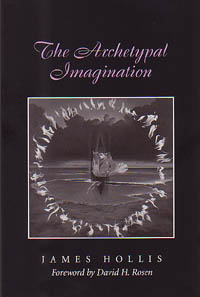What
we wish most to know, most desire, remains unknowable
and lies beyond our grasp. Thus, as the meaning-seeking,
meaning-creating species, we depend on the image
which arises out of depth encounters. This image,
as we have seen, is not itself divine, though
it carries and is animated by the eternal exchange
of that energy which we may call divine. The husk
which such energy inhabits is perishable, as we
know our own bodies to be. While we would understandably
cling to that husk, be it this body, or this ego-concept,
or this god, we would be better served trying
to hold the ocean in our hands.
The deep stir and tumult has another source, and
another end, beyond that which our limited consciousness
could ever frame. Yet that fragile reed, as Blaise
Pascal reminded us, is a “thinking reed”
and courageously conjures with that infinity which
could so casually destroy it. That disparity,
the longing for eternity and the limits of finitude,
is our dilemma, the conscious suffering of what
is also what most marks our species. It is the
symbolic capacity which defines us uniquely. The
images which arise out of the depths, be they
the burning bush of biblical imagery, the complaint
of the body, or the dream we dream tonight, link
us to that throbbing, insistent hum which is the
sound of the eternal. As children we listened
to the sound of the sea still echoing in the shell
we picked up by the shore. That ancestral roar
links us to the great sea which surges within
us as well.
|
